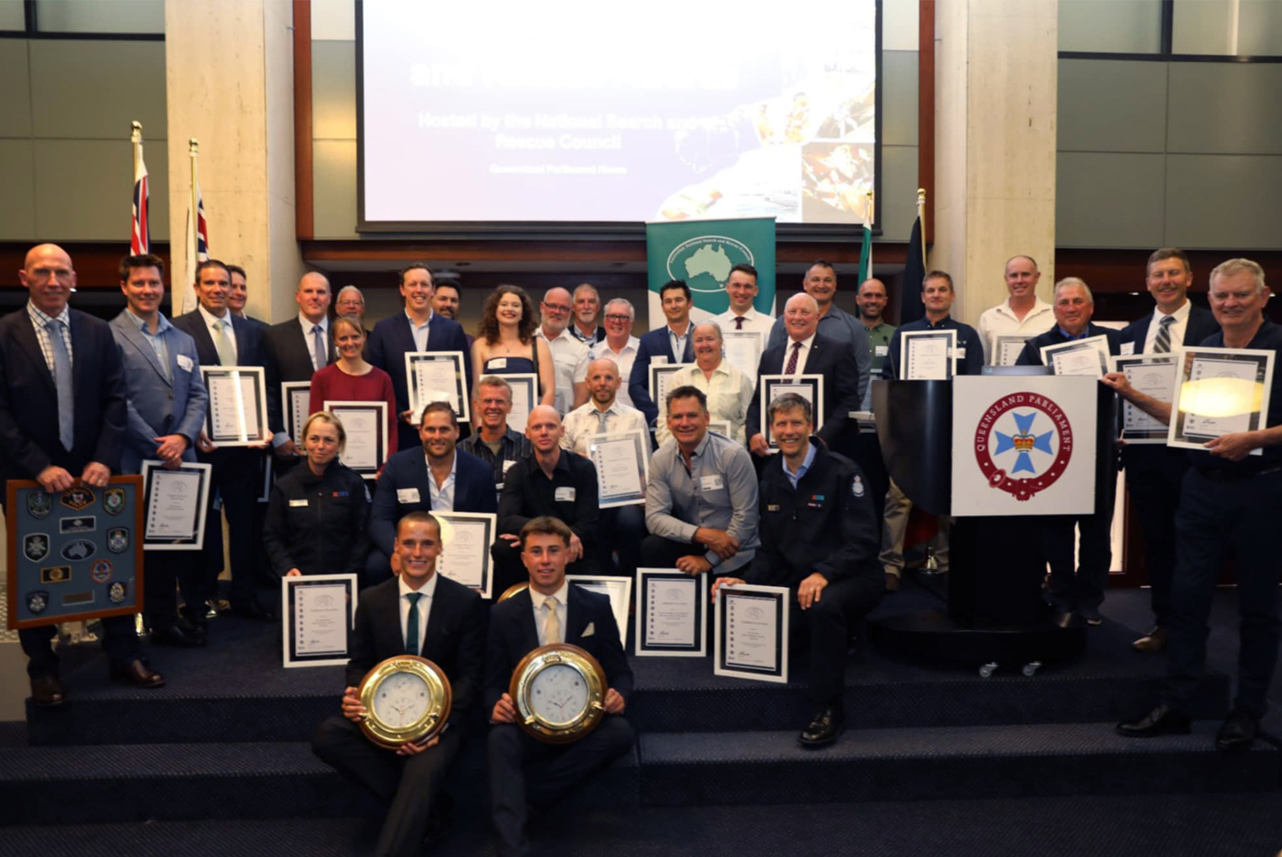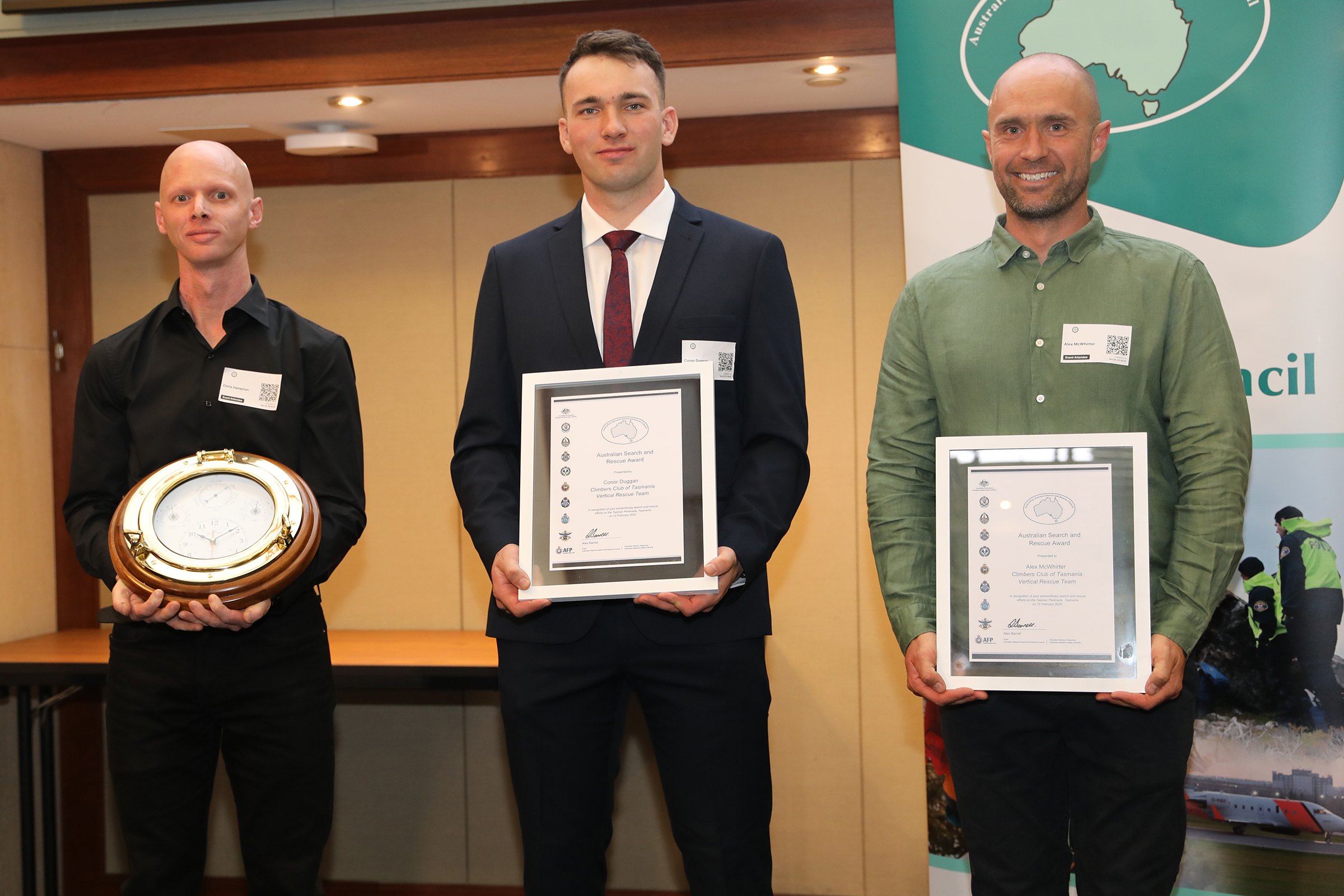The annual NATSAR Awards recognise outstanding contributions to search and rescue in Australia.
These awards provide a platform to recognise life-saving acts. We encourage nominations from professional and volunteer search and rescue organisations, as well as the broader community.
2026 award nominations now open
Nominations close: 15 July 2026
Award ceremony: October 2026, Location TBC
The awards are hosted by the National Search and Rescue Council (NATSAR Council), which includes the Australian Maritime Safety Authority (AMSA), the Australian Defence Force and state, territory and federal police agencies.
They recognise:
- outstanding contributions to search and rescue in the Australian region during the previous financial year
- long-standing service and commitment to the search and rescue system.
We present awards across 4 categories.
For search and rescue incidents or operations, nominations are submitted based on the individual or organisations level of training and involvement in search and rescue:
- Professional – paid and trained in search and rescue, such as police officers or rescue aircraft crew.
- Volunteer – unpaid but trained in search and rescue, such as volunteer marine rescue organisations or community volunteers.
- Non-professional – members of the public who assisted during a search and rescue event or operation, such as hikers, surfers or passers-by.
For outstanding contribution and to search and rescue over many years:
- Long-standing contribution to search and rescue - an individual, group or organisation
The awards were first presented in 1996.
The inaugural winners were Senior Constable Aherne, Senior Constable Griffiths and Mobile Intensive Care Ambulance (MICA) Officer Lamb of the Victorian Police Air Wing. They were recognised for rescuing 3 men stranded on a sinking trawler in Bass Strait on 23 August 1995.
That year, highly commended awards were also presented to Kevin Bald for rescuing a man off Kangaroo Island, and to Sergeant Richard Mostard of the Bairnsdale Water Police, Victoria, for rescuing a person from an upturned trimaran south-east of Gabo Island.
Learn more about past award recipients.
If you need help with your nomination or have questions about the awards, email NationalSARCouncil@amsa.gov.au
You can also contact us if you need the nomination form in a different format or require assistance to complete your submission.

